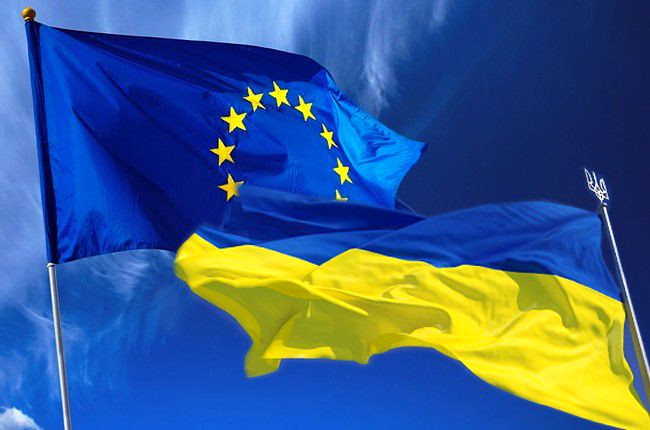EU Explores New Financial Avenues to Support Ukraine
The European Union is actively seeking new financial resources for Ukraine by utilizing frozen Russian assets. Plans are underway to transfer 200 billion euros into a new investment fund that could offer higher interest rates.
This information is reported by Politico, citing its own sources.
Funding Prospects for Ukraine from Frozen Russian Assets
Some countries, including Germany and Italy, are expressing concerns regarding this approach due to potential financial and legal complications. Meanwhile, EU officials hope that using only the interest earned (and not the principal amount) will help avoid accusations of violating international law.
One proposed option is to move assets from the Belgian financial institution Euroclear, where most of the frozen funds are currently held, into a specially created fund managed directly by the EU.
According to Politico, the advantage of such a fund lies in its ability to invest assets in riskier projects that could yield significantly higher returns for Ukraine. However, details about specific investments remain undisclosed.
Under current regulations, Euroclear is required to invest assets, many of which have already been liquidated, in the Belgian central bank. The returns from this investment are minimal, as it is considered a risk-free option.
Proponents of the new fund argue that the EU should generate more income from Russian state funds to sustainably support Ukraine, especially in light of prolonged peace talks with Russia.
Another potential benefit of this approach is that the new fund could protect the assets from the risk of Hungary vetoing the extension of sanctions, which could effectively return these funds to Russia.
According to two sources from the publication, in recent weeks the European Commission has engaged in informal discussions with countries such as France, Germany, Italy, and Estonia to find a legal way to keep the assets frozen, even if Hungary blocks the extension of sanctions. However, a final decision has yet to be reached.
Critics warn that if the new fund makes unsuccessful investments, taxpayers in EU countries may have to cover potential losses.
The EU is searching for unconventional financial options, as its current budget of 1.2 trillion euros is already stretched, and the new multiannual financial framework will not take effect until 2028.
“Finding money within the current budget will be very challenging,” noted one diplomat in a comment to the publication.
Moreover, due to economic constraints and the need for unanimous decisions to replenish the budget, officials are skeptical about the feasibility of this plan, especially since Hungary is likely to oppose such a move.



